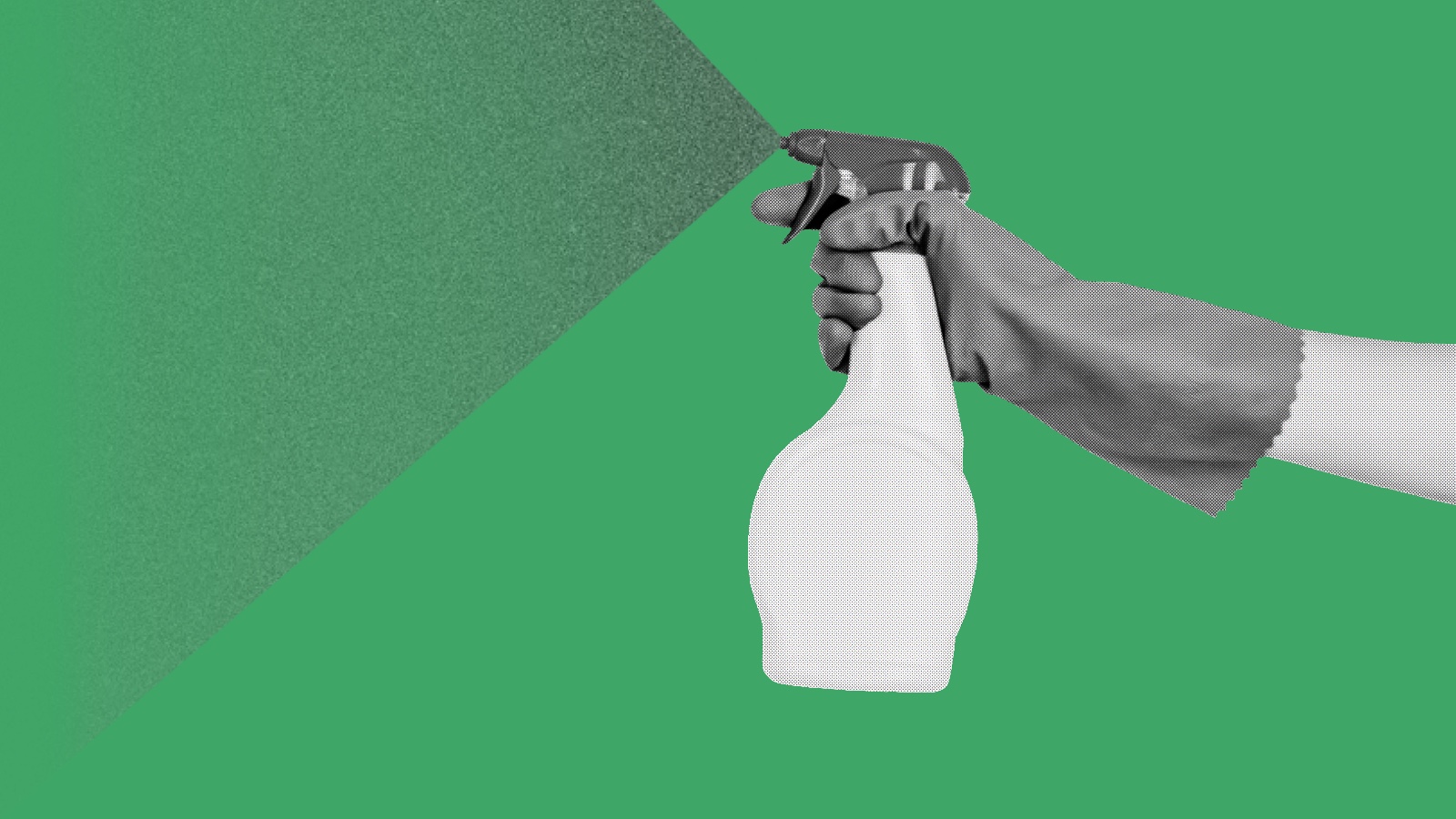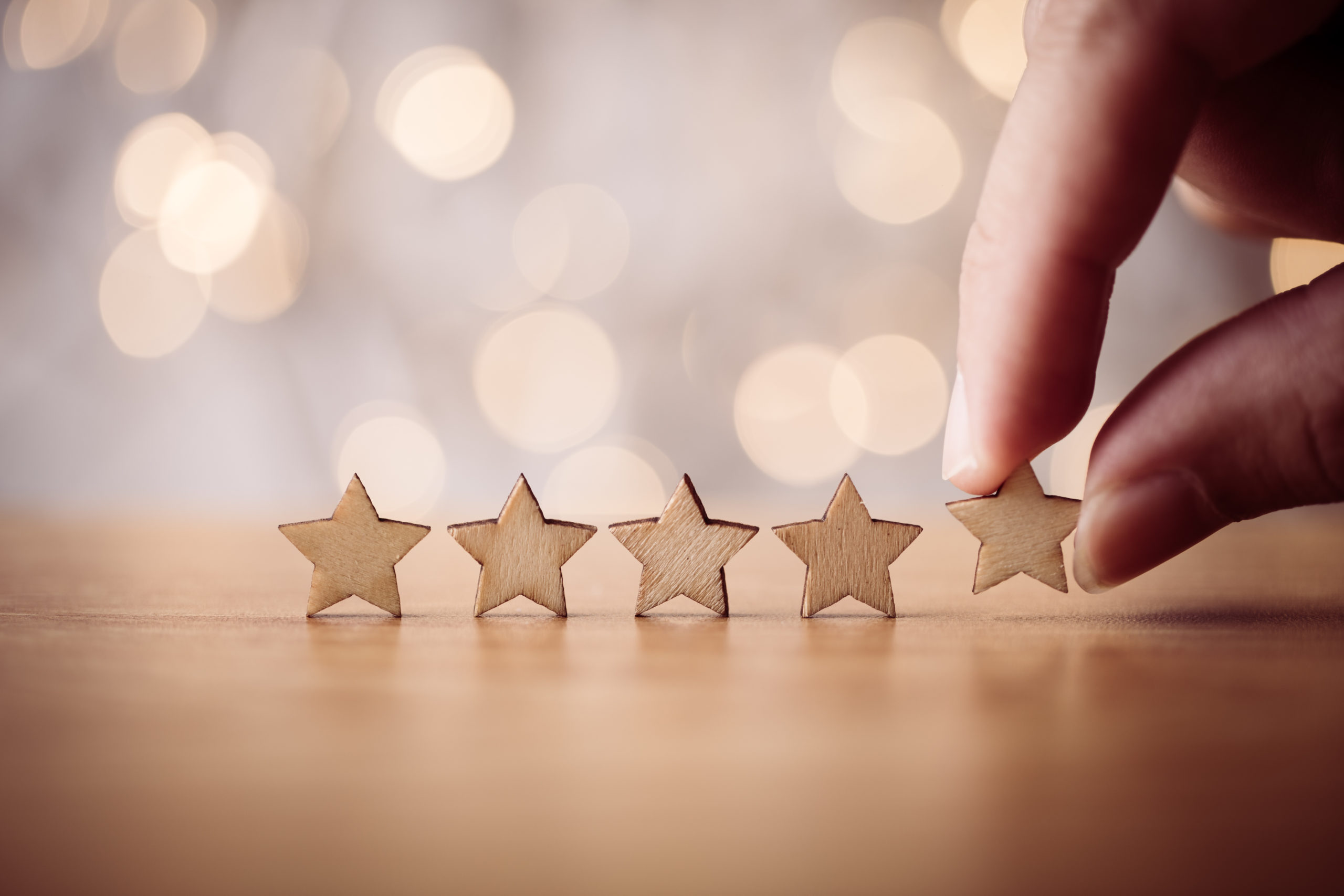SC Johnson Doing More Than Cleaning Your Bathroom

The cleaning industry isn’t always, well, all that clean. But a new trend in product transparency could be revealing its dirty side for the better.
In February, a coalition of groups filed a lawsuit in New York State Supreme Court calling on a number of companies to disclose the chemical ingredients used in their household cleaning products along with any health risks they posed.
Three weeks later, the cleaning giant SC Johnson, though not named in the lawsuit, announced it would disclose dangerous ingredients in its products through special labels and a new website. Since then, the company’s decision to deliver clean products and a higher level of public transparency has been earning significant praise.
“SC Johnson is one of the more sustainable companies in the world,” said Al Gore at the recent Cornell Global Forum on Sustainable Enterprise, where he sat on a panel alongside company CEO H. Fisk Johnson.
Now in its fifth generation of existence, the company has announced a number of programs to build sustainable business models in countries that sorely need them.
One recent program launched in western Rwanda, is a 28-month initiative to help local farmers produce pyrethrum, a natural insecticide cultivated from the dried flower heads of chrysanthemums.
In a country rarely praised for its work environment, SC Johnson Mexico became the only Mexican company to make the Great Places to Work list for eight straight years.
In 2005, the company also initiated the Community Cleaning Service, a partnership with Kenyan entrepreneurs who used Johnson’s cleaning products to clean up three Nairobi slums.
In daily operations, SC Johnson has constructed a number of environmentally-friendly factories. One factory in Medan, Indonesia runs on palm oil while another in Racine, Wisconsin–the company’s largest–runs on methane used from a local landfill.
“My great grandfather said the goodwill of people is the only enduring resource in business,” H. Fisk Johnson said at the Global Summit. “It’s in our DNA as a company.”





